Water utilities are continuing to provide safe drinking water to communities across Canada, even as states of emergency are being declared due to the COVID-19 pandemic.
Recognizing the importance of having safe drinking water available to communities, Water Canada invited industry experts from across the country to have their say on how a pandemic affects water service delivery.
This article — which looks what steps have been taken or can be taken to minimize the impacts of a pandemic on water service delivery — is the third and final part of the series.
William Fernandes (Toronto Water): Toronto’s drinking water is safe to use and drink directly from the tap, as usual. Toronto’s tap water is continuously tested, monitored, and analyzed to ensure it meets the strict standards of Toronto Public Health, the Province of Ontario, and Government of Canada. […] The City of Toronto is actively monitoring the situation and is required to have escalating emergency plans in place to continually meet the strict drinking water standards of Toronto Public Health, the Province of Ontario, and Government of Canada. More information about drinking water in Toronto is available here.
Steve Craik (EPCOR): Emergency response and business continuity plans (BCPs), including having redundancies built into processes and staffing requirements, is critical to ensuring water utilities can protect their employees and customers, and continue operations during a pandemic. Actions in the BCP may include staggering work shifts and having qualified employees from non-essential service areas assist with essential services. As part of our BCP, we are concentrating effort and resources on critical operations, repairs, and ongoing maintenance and are suspending or delaying any non-essential work.
Michele Grenier (Ontario Water Works Association): Fortunately Ontario’s Drinking Water Quality Management System includes several elements that have helped municipalities prepare for situations like the one we’re experiencing now. All municipal water providers in Ontario have undertaken risk assessments, identified critical control points, documented essential supplies and services, and developed Water Emergency Response Procedures to ensure that they can continue to provide Ontarians with the safe drinking water they rely on.
Robert Haller from CWWA: Most, if not all communities, have an emergency plan that has been activated. This plan ensures the safety of staff and the continuity of service to the community. Federal and provincial governments need to recognize water and wastewater as essential services and identify the supplies we need as a high priority for delivery. We need to educate/re-educate the community on what NOT to flush down their toilet, especially during a pandemic.

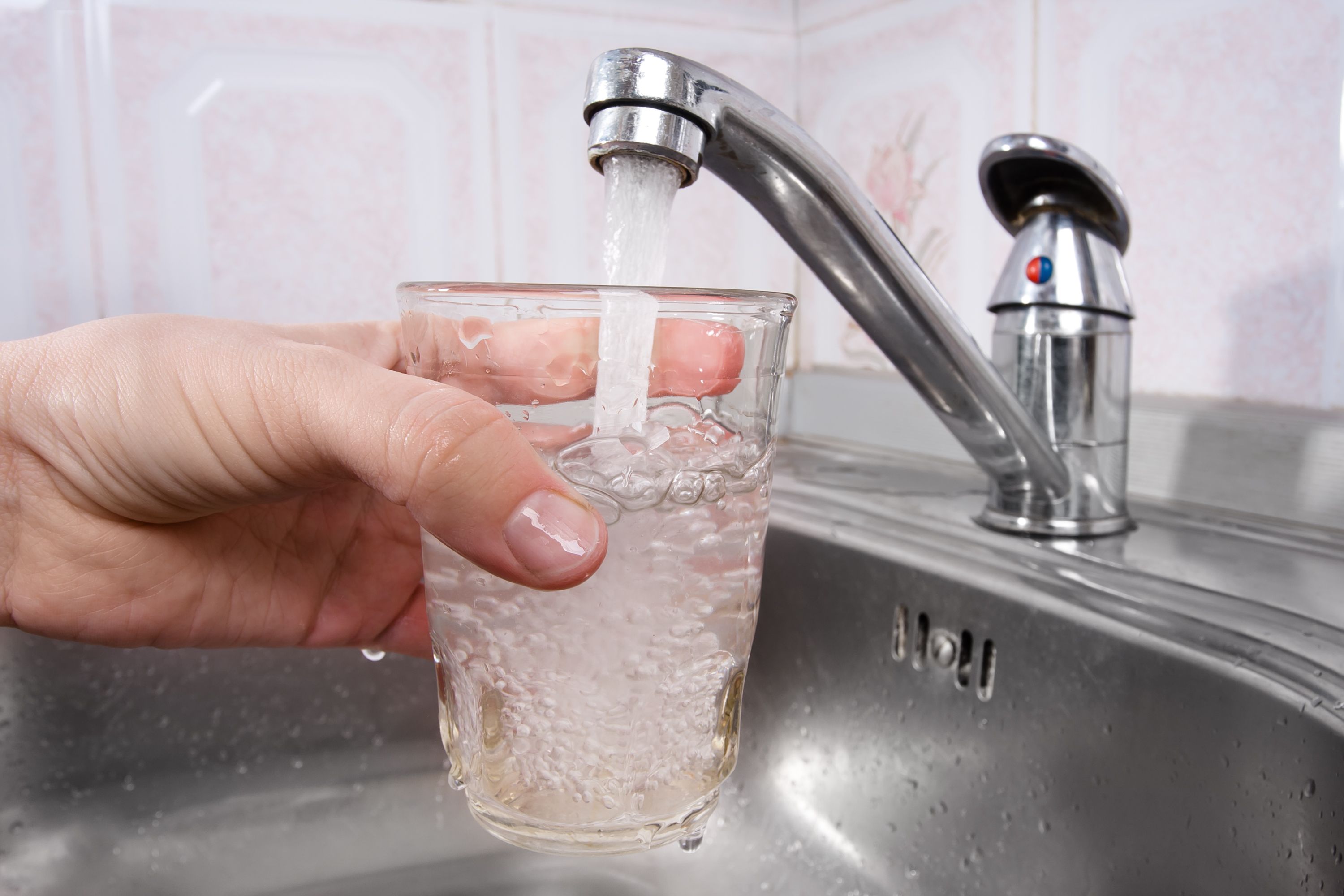

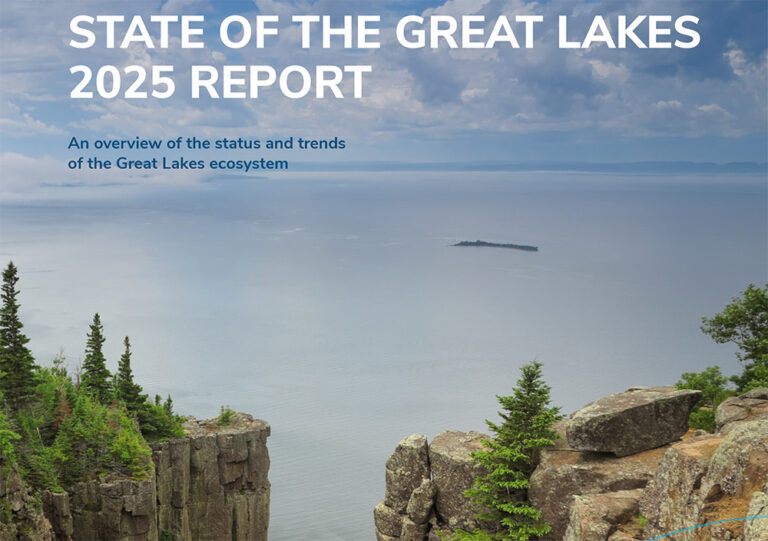
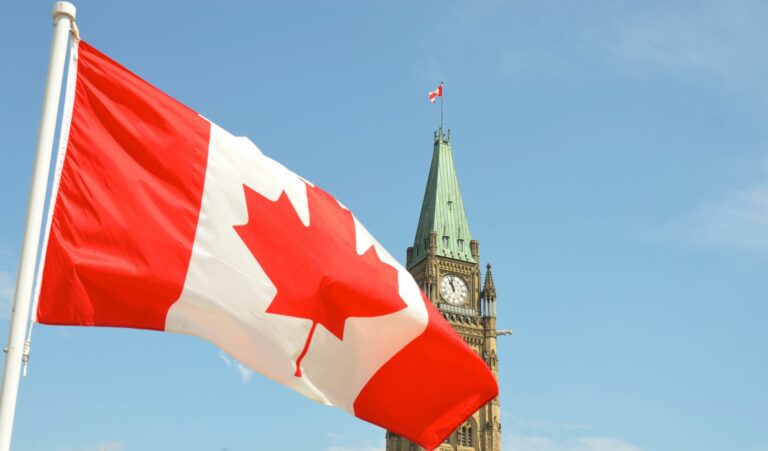
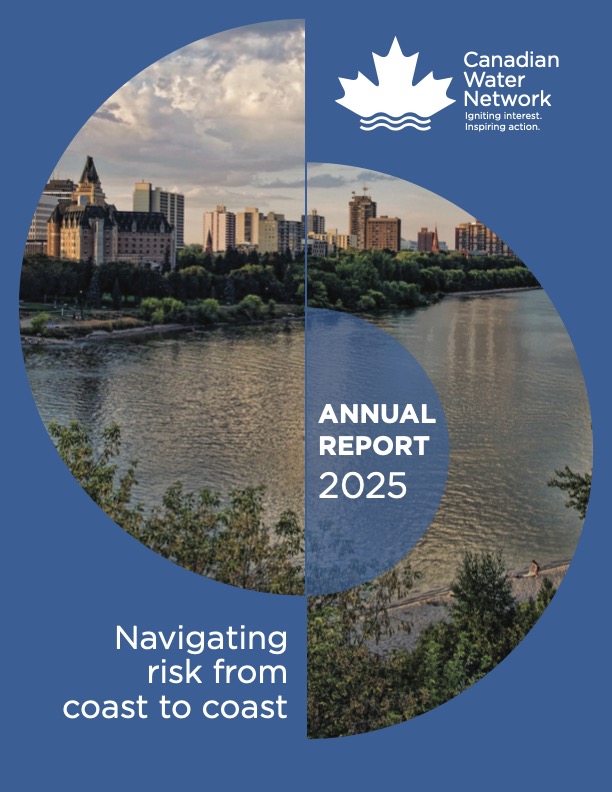
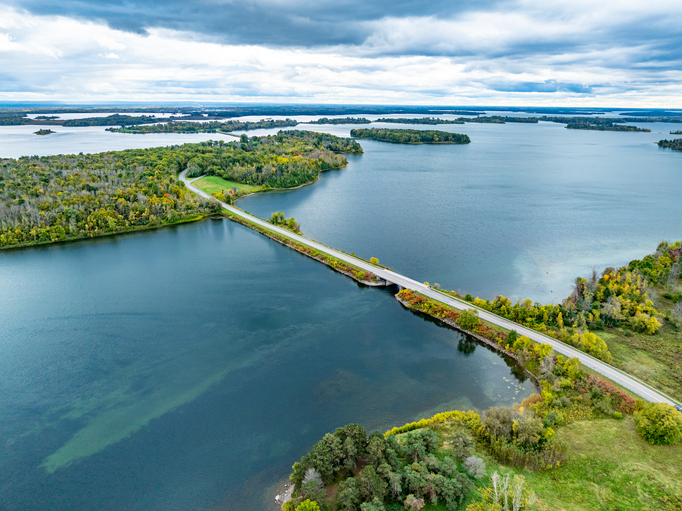
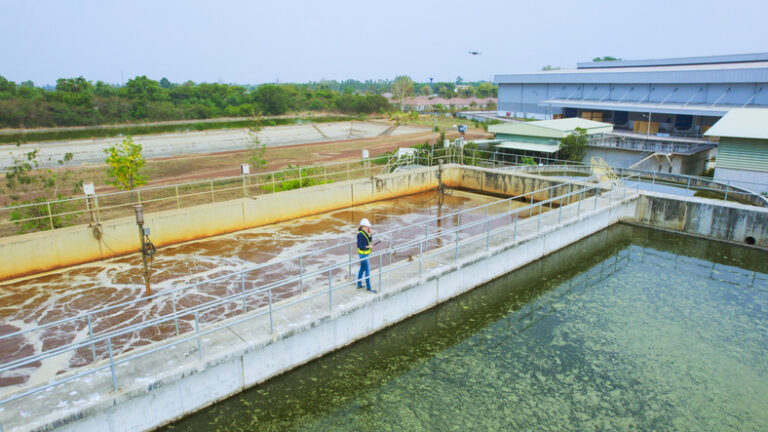
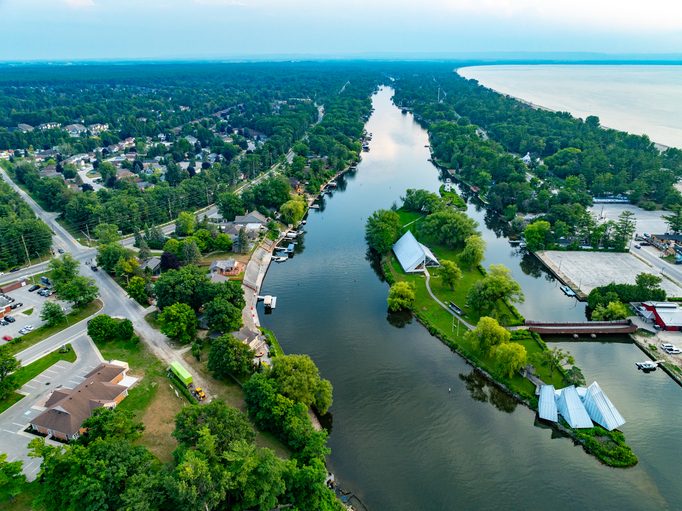

Very interesting article. I would be interested to know how other water & wastewater utilities are managing their staffing compliment if they are only responding to emergency or high priority work. How are they suspending their non-essential work without impacting their staffing compliment? Are staff being rotated to enforce social distancing and what does that look like? Are staff that are not working being paid to stay at home, or are they being layed off? What kind of support are utilities receiving from the Senior Management Team or Council when making these decisions – are they receiving clear direction?